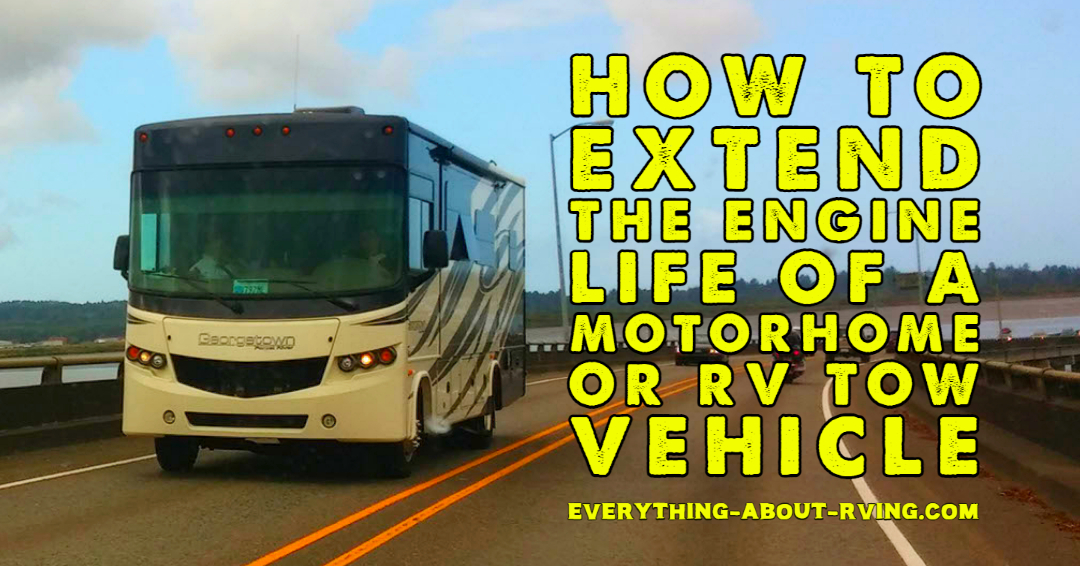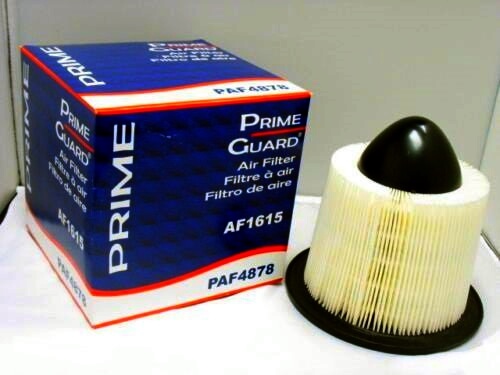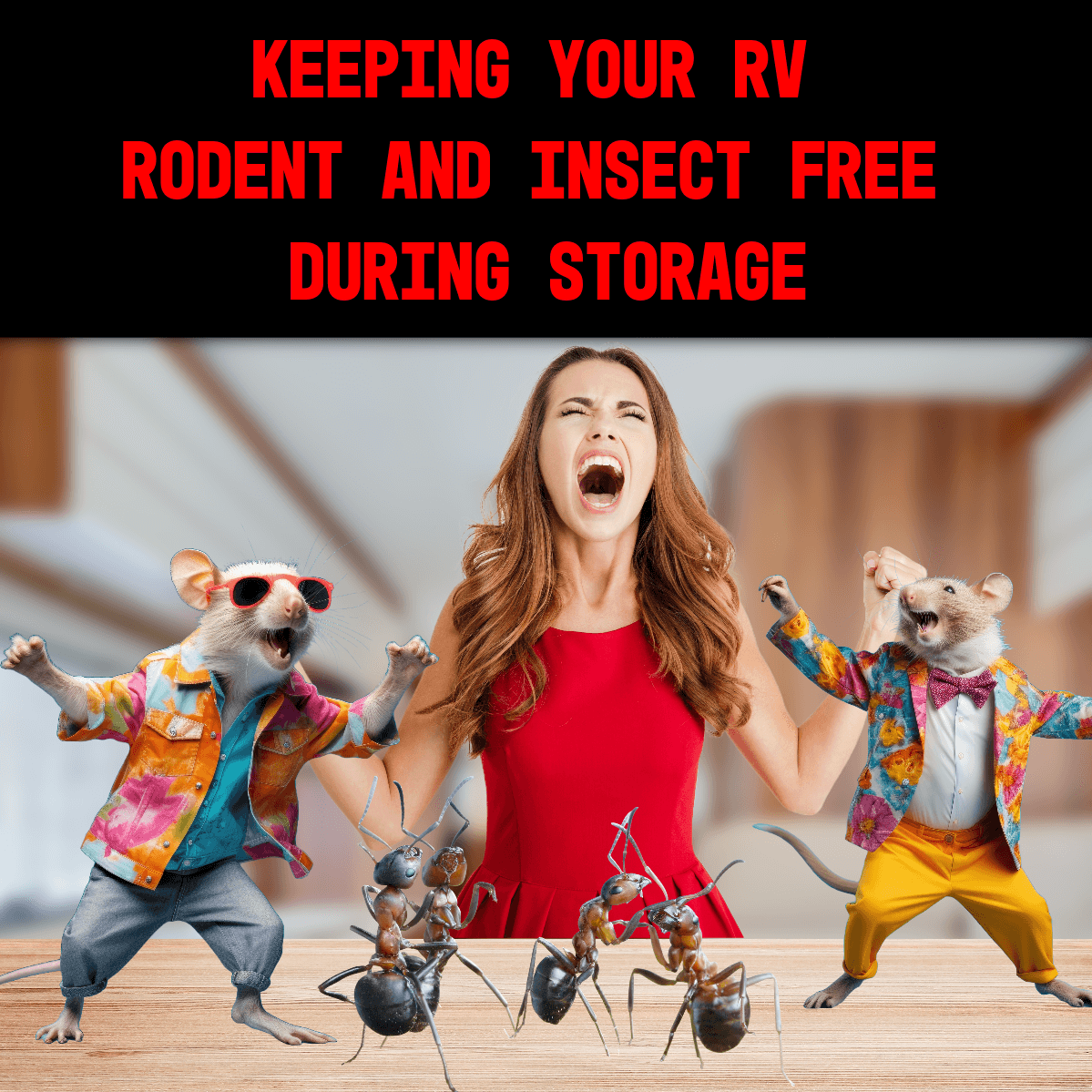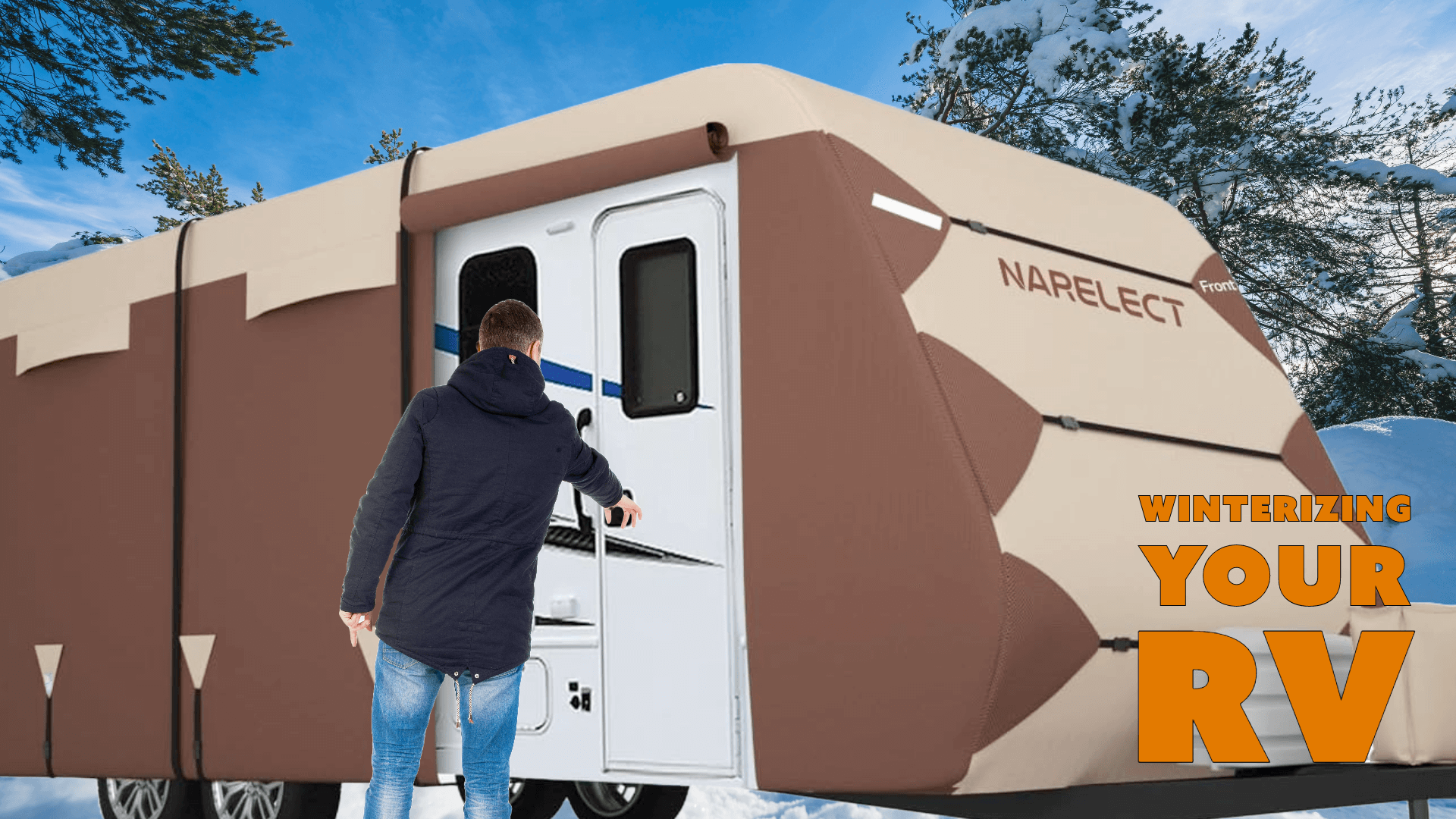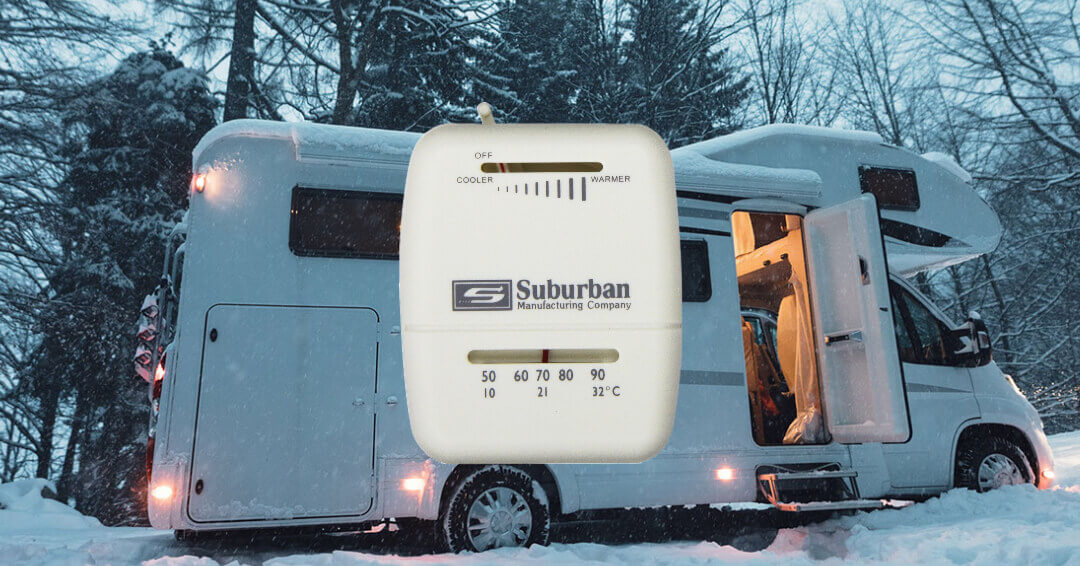- Home Page
- RVing Tips & Tricks
- Extend Engine Life
How to Extend Engine Life of a Motorhome or RV Tow Vehicle
By Alan Wiener
Editor Everything About RVing
Here are some basic tips to Extend Engine Life of Your Motorhome or RV Tow Vehicle
Here are some basic tips on how to extend the engine life of your motorhome, tow vehicle or personal car.
Check and Change the Engine Oil
Keeping your vehicle properly lubricated will extend the life of your vehicle. The best way to do this is to always check your engine oil level before each trip and top it off as needed and of course change the engine oil on a regular basis. Most experts recommend that you follow the vehicle manufacturers guidelines for oil change intervals.
If you are using a non-synthetic petroleum-based oil then do follow the vehicle manufacturer's specs for oil changes. But if you are like me, you may be running a synthetic motor oil in your motorhome's engine. I use and recommend Royal Purple HPS (High Performance Street Motor Oil).

Royal Purple HPS Synthetic Oil
Why synthetic oil as opposed to a petroleum-based oil? Because synthetic oils do a better job of properly lubricating gas and diesel engines and they do not break down and oxidize as quickly as a petroleum-based oil lubricant does. Therefore, petroleum-based oil lubricant manufacturers recommend changing the engine oil every 3,000 miles. On the other hand if you are using Royal Purple HPS Synthetic Oil (Pictured Above) and a Royal Purple Extended Life Oil Filter, that oil change interval moves up to every 12,000 miles.
Look at the video below to get even more information on why I highly recommend Royal Purple HPS Synthetic Oil in your motorhome or other vehicles.

A couple of notes here:
If your motorhome or vehicle is currently under a manufacturer's new vehicle warranty, you will have to check with the manufacturer before using any synthetic oil in the engine as using a synthetic oil could void your engine's warranty. The good news is that some manufacturers realize the benefits of synthetic oils and will allow their use during the new vehicle warranty period.
better news is that Royal Purple does have a API-licensed Motor Oil that combines premium based petroleum-based oils with a proprietary additive technology to create a high-performance motor oil that may be acceptable to use in your vehicle during the new vehicle warranty period. If you have an older high mileage motorhome or vehicle, Royal Purple also has a specially designed for those vehicles as well called Royal Purple HMX High-Mileage Synthetic Motor Oil.
Yes, Royal Purple Synthetic Oil is more expensive than petroleum-based oils and some synthetics, but you get the cost savings of increased oil change intervals, improved fuel mileage and most importantly to me far less wear and tear on your vehicles engine which increases its lifespan.
Maintain Your Vehicles Engine Cooling System
Check your vehicles coolant level before each trip and top off as needed. Always look at all the hoses and touch them if possible. Engine coolant system hoses wear out from the inside, so you are checking for any collapsing hoses or hoses that have soft spots in them. A good rule of thumb here is “if in doubt change the hose out”.
When topping off your engine coolant, make sure that you are using the type of engine coolant that your manufacturer recommends. Check your vehicle owner's manual for the proper coolant type.
Also flush your vehicle's cooling system and radiator as per the manufacturers guidelines. Flushing the cooling system of your motorhome or tow vehicle's engine is just as important as changing the engine oil. A vehicle running too hot will increase the wear and tear on the engine and reduce the engine's lifespan.
Maintain Your Vehicles Transmission
Check your vehicles transmission fluid on a regular basis and top off the fluid as needed. Make sure that you follow the manufacturer's guidelines on completing routine service on your vehicle's transmission. Always make sure that you are using the proper type of transmission fluid in your vehicle. Failure to monitor the fluid level and to properly service the transmission can lead to very expensive repairs to your motorhome or tow vehicle.
Help Your Motorhome or Tow Vehicle Breathe Properly
Inspect and change your vehicles air filter as needed. How often should you change your engine's air filter? That depends, if you have recently gone through a bad dust or sandstorm with your motorhome, you may need to inspect and change your air filter immediately. For normal driving you should follow the manufacturer's recommendations for air filter replacement.
What happens if you don't change your vehicles air filter on a regular basis? Nothing good, debris can enter your engine and create additional wear and tear. Your fuel mileage will decrease. If the air filter is badly blocked, you may have problems starting the vehicle or the vehicle may stall going down the road.
The more air flow that your engine gets the better it will run and the better your fuel mileage will be.
So, what's it like to have an engine running on a clogged air filter? To get an idea find the smallest drinking straw you can find or even better, use one of those coffee stirrer straws. Put the straw in your mouth and seal your lips over the straw, now pinch your nose shut and try breathing through the straw for 5 or 10 minutes and that will get the point across of the importance of replacing the air filter in your vehicle.
Look Under Your Motorhome or Tow Vehicle before you depart
Before you leave your home or current campground, step out in front of your vehicle, and kneel down and look underneath. What are you looking for? Any fluids on the ground, any belts, hoses, etc. hanging down underneath the engine. If you spot fluids inspect them to determine what they are. Is it engine oil, transmission fluid, power steering fluid or coolant?
Once you figure out what the fluid is, you need to determine where it is coming from and then determine if it must be fixed before you leave. This little pre-trip check can prevent you from having a major breakdown while heading to your next destination.
Following all the steps mentioned above will help you extend the life of your vehicle's engine.
